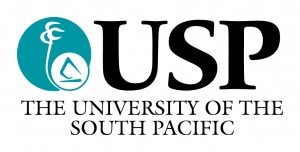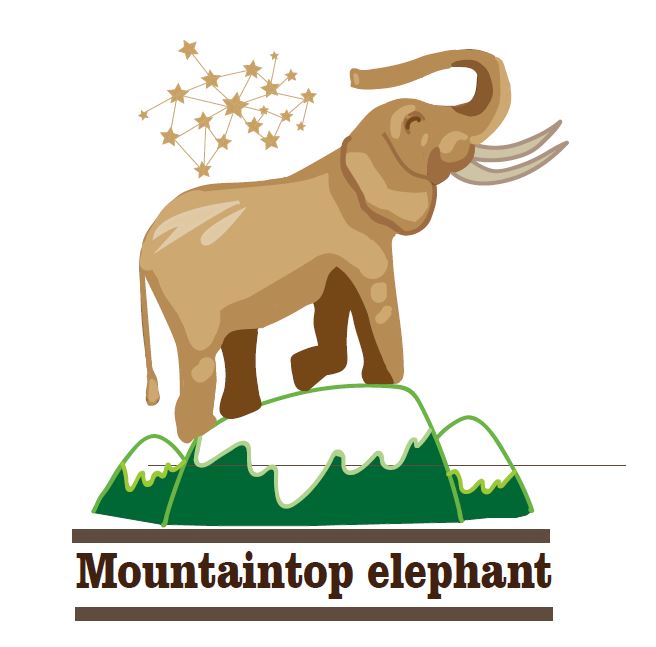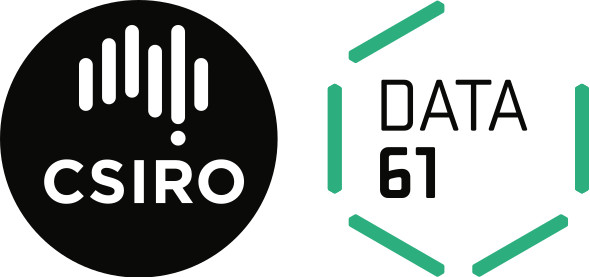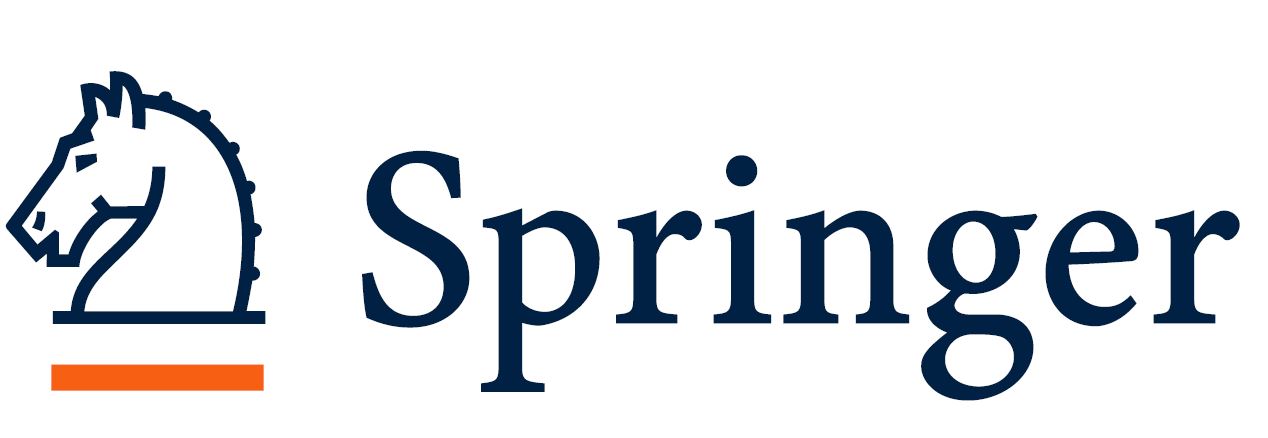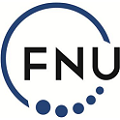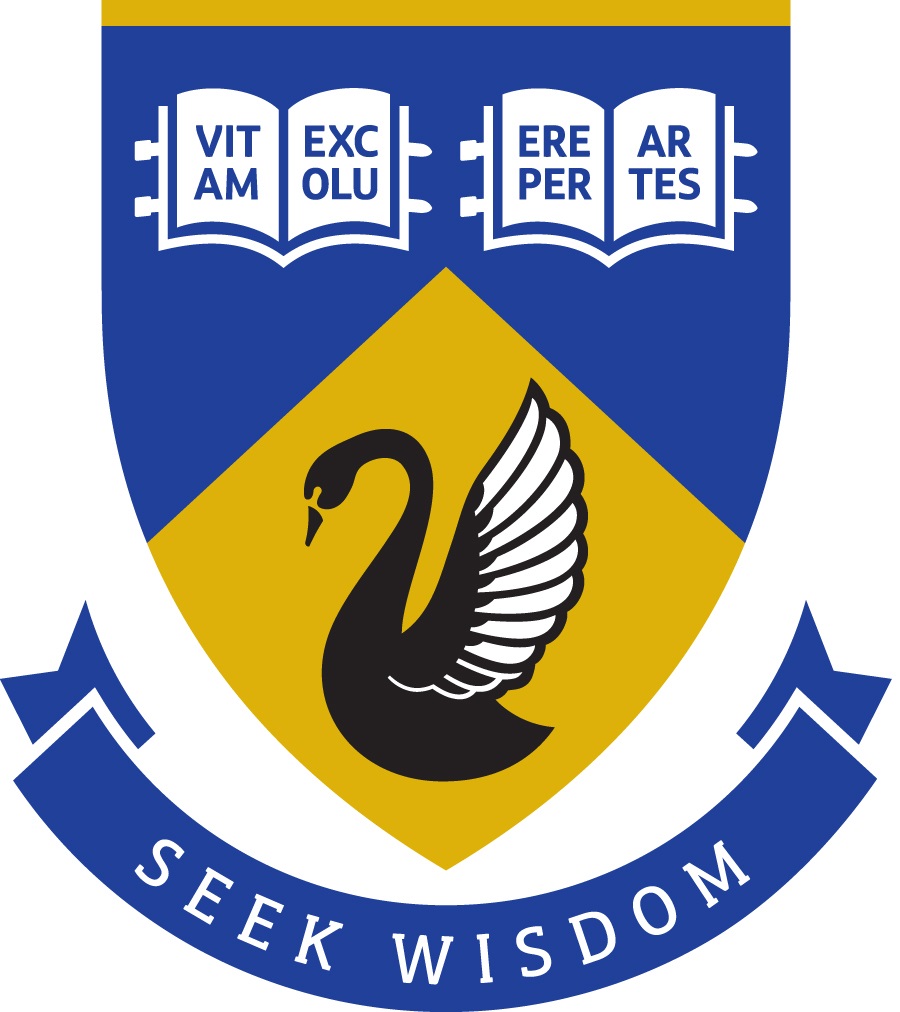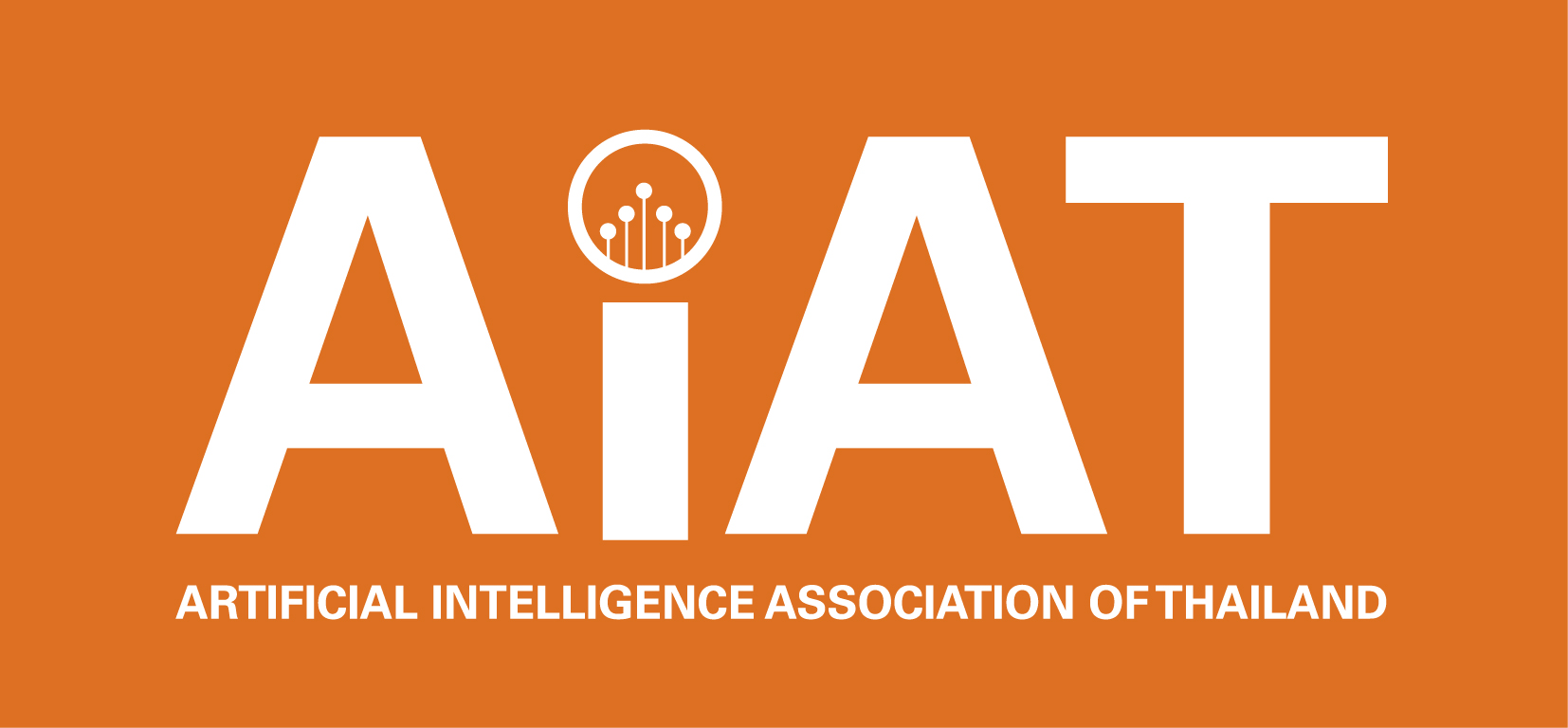Keynote Details
Prof. Hiroaki Kitano
Title:
Nobel Turing Challenge: Creating the Engine for Scientific Discovery
Abstract:
One of the most exciting and disruptive research in AI is to develop AI systems that can make major scientific discovery by itself with high-level of autonomy. In this talk, I propose “Nobel Turing Challenge” to the grand challenge bridging AI and other scientific communities. The challenge calls for development of AI systems that can make major scientific discoveries some of which worth Nobel Prize, and the Nobel Committee, and the rest of the scientific community, may not be able to distinguish if it was discovered by human scientist or AI (Kitano, H., AI Magazine, 37(1) 2016). This challenge is particularly significant in biomedical domain where progress of systems biology (Kitano, H., Science, 295, 1662-1664, 2002; Kitano, H., Nature, 420, 206-210, 2002) resulted in total overflow of data and knowledge far beyond human comprehension. After 20 years of my journey in systems biology research, I have concluded that next major breakthrough in systems biology requires AI-driven scientific discovery. Initially, it shall be introduced as AI-assisted science, but it will result in AI scientists with high-level of autonomy. This challenge poses a series of fundamental questions on the nature of scientific discovery, limits of human cognition, implications of individual paths toward major discoveries, computational meaning of serendipity or scientific intuition, and many other issues that may bring AI research into the next stage.
Kitano, H. Artificial Intelligence to Win the Nobel Prize and Beyond: Creating the Engine for Scientific Discovery. AI Magazine, 37(1), 39-49, 2016 Kitano, H. Systems Biology: A Brief Overview. Science. 295(5560), 1662-1664, 2002 Kitano, H. Computational Systems Biology. Nature. 420(6912), 206-210, 2002
Short Bio:
Dr. Hiroaki Kitano is President and CEO of Sony Computer Science Laboratories, Inc., Corporate Executive of Sony Corporation, President of The Systems Biology Institute, and Professor at Okinawa Institute of Science and Technology Graduate University. He is also a Founding President of the RoboCup Federation, President of International Joint Conference on Artificial Intelligence (IJCAI) (2009-2011) and Member of the AI & Robotics Council of World Economic Forum (2016-2018). He received The Computers and Thought Award from the International Joint Conference on Artificial Intelligence in 1993, Prix Ars Electronica 2000, Design Award 2001 from Japan Inter-Design Forum, and Nature Award for Creative Mentoring in Science (Mid Carrier) in 2009, as well as being an invited artist for Biennale di Venezia 2000 and Museum of Modern Art, New York in 2001.
Prof. Grigoris Antoniou
Title:
AI for clinical decision support in mental healthcare
Abstract:
The developed world faces a mental health crisis; e.g. in the USA nearly one in five adults suffers from some mental illness; focusing on suicide, each year more than 800,000 people worldwide take their life making suicide among the top ten causes of death and the second leading cause of death in people aged between 15 and 34 years in the US. As healthcare systems are struggling to address these mental health challenges, they are also faced with funding pressures due to ageing populations and increasingly costly medical interventions. Artificial Intelligence (AI) has made recent breakthroughs and offers promise to (a) provide new, data-driven solutions to mental health problems that have so far resisted traditional assessment and treatment; and (b) provide cost-effective solutions that increase productivity of clinicians by allowing them to concentrate on the most complex cases.
In this talk we will present results around applying machine learning to two specific areas of mental health: assessment of suicide risk, and diagnosis of ADHD in adults. In close collaboration with domain experts, relevant clinical data was analysed to develop predictive models. In contrast to most works of applying AI to healthcare (a) we relied on clinical data currently collected, so as not to increase the burden on healthcare systems; (b) we developed locally adapted models as clinical decision making may be different in London, Brisbane or Nicosia in view of geographical, social and cultural differences. Finally, we carried out flexible analyses that may take into account varying requirements in terms of explainability, i.e. to what extent black-box approaches are acceptable.
We will also discuss the scope of providing clinical decision support by comprehensive analysis across various knowledge sources, such as clinical guidelines, medical publications, clinical trials and drug information. This knowledge can be provided in large-scale networks called knowledge graphs that allow seamless retrieval and exploration. Given that existing efforts to represent general medical knowledge result in prohibitively large graphs, hampering both machine efficiency and human comprehension, we will discuss targeted, disease-specific knowledge graphs.
Short Bio:
Grigoris Antoniou is Professor of Computer Science at the University of Huddersfield, UK. Previously he has held professorial appointments at the University of Crete (where he was also Head of the Information Systems Laboratory at FORTH-ICS, the top-rated research institute in Greece), Griffith University, Australia, and the University of Bremen, Germany. His research interests lie in semantic technologies, particularly knowledge representation and reasoning and semantics for big data, and its application to ambient intelligence, e-health, and transportation. He has published over 200 technical papers in scientific journals and conferences. He is author of three books with international publishers (MIT Press, Addison-Wesley); his book “A Semantic Web Primer” is internationally the standard textbook in the area, and has been or is about to be translated to Japanese, Chinese, Korean, Spanish and Greek. His research has attracted around 10.000 citations. In recognition of his work, he was elected an EurAI Fellow in 2006, joining the prestigious list of the best AI researchers in Europe. He is member of three editorial boards of journals, has organised a number of conferences and workshops (including leadership positions at ESWC 2010 and 2011), and has served in numerous programme committees. He has led a number of national and international research projects, and has participated in many more.
Prof. Mary-Anne Williams
Title:
Explainable AI: What, Why and How
Abstract:
The AI race has lead to the creation of systems that can outperform human experts in an ever-increasing range of tasks from medical diagnosis and autonomous vehicles to dynamic pricing and allocation of work to humans. AI is already making decisions and taking actions that profoundly impact and influence billions of people every year. This talk will discuss the growing concerns around risks associated with "black box" AI and the lack of explainability of AI behaviours that can adversely affect vast numbers of individuals and society. Explainable AI is more than transparency. This talk will circumscribe what is meant by explainable AI, why it is critically important to provide explanations of AI decisions and actions, and how we can achieve AI that can explain its own behaviour. Explainable AI technology is a competitive advantage for creating business opportunities and a critical capability for ensuring AI is accountable and beneficial for people and society.
Short Bio:
Mary-Anne Williams is a Distinguished Professor and Director of the Magic Lab in the Centre of Artificial Intelligence at the University of Technology Sydney. She is a Fellow at Stanford University, the Australian Computer Society (ACS) and the Australian Academy of Technological Science and Engineering (ASTE). Mary-Anne is a leading authority on AI and Social Robotics with transdisciplinary strengths in Computer Science, Autonomous Decision Making, Machine Learning, Law, Strategic Management, Disruptive Innovation and Entrepreneurship.
Mary-Anne chaired the Australian Research Council's Excellence in Research for Australia Committee that undertook a national evaluation of research in Mathematics, Information and Computing Sciences in 2012. She is a non-executive director of the US-based Scientific Foundation KR Inc, was Conference Chair of the International Conference on Social Robotics in 2014. Mary-Anne served 10 years on the Editorial Board for the Artificial Intelligence Journal and 4 years on the ACM Eugene L. Lawler Award Committee for Humanitarian Contributions within Computer Science and Informatics. She currently serves on the Editorial Board for AAAI/MIT Press, Information Systems Journal, and International Journal of Social Robotics.
Mary-Anne has a passion for innovation in science, technology, engineering and law. She established and continues to lead Australia's leading Social Robotics research group, which includes Steve Wozniak, co-founder of Apple. Her team are the current RoboCup Social Robotics World Champions. The research objective of this team is to bring science fiction to reality through the design of intelligent autonomous technologies that can learn and adapt as they interact and work with people.
Prof. Byoung-Tak Zhang
Title:
Cognitive AI – AI as Perception-Action-Cognition Systems
Abstract:
For the last six decades since its inception in 1950s, AI has experimented mainly with two paradigms: the classical, rationalist, symbolic AI and the modern, empiricist, connectionist AI. The former focused on knowledge-based programming (System 2 a la Kahneman) epitomized on expert systems, while the latter on data-driven learning (System 1 a la Kahneman) epitomized on deep learning. The former symbolic AI turned out to be successful in developing reasoning systems without learning capabilities, while the latter connectionist AI was successful in developing learning systems without reasoning capabilities. Now it is a high time to move one step further toward human-level AI. Here we propose a third paradigm for AI, i.e. the constructivist, action-oriented, cognitive AI approach (System 3 or Piaget-Gibbsonian as it might be called). Combining the best of the previous two approaches and going beyond, the new Cognitive AI paradigm emphasizes AI as a perception-action-cognition system that actively and continually constructs and reconstructs knowledge through learning from sensorimotor interaction with the world. We illustrate the cognitive AI approach with three projects: Videome (visual storytelling), Lifeome (wearable cognitive agents), and Actome (robotic cognitive agents) which build integrated cognitive intelligence systems based on the vision-language video data, wearable sensor data, and mobile robotic sensorimotor data in real worlds, respectively. We explain how these cognitive AI approaches achieved outstanding results in the 2017 RoboCup@Home (1st Place in Pepper Robot League), the 2018 NAACL VIST Visual Storytelling Competition (1st Place), and the 2019 RoboCup@Home (2nd Place in HSR Robot League).
Short Bio:
Byoung-Tak Zhang is POSCO Chair Professor of Computer Science and Engineering, Seoul National University (SNU) and Director of the SNU Center for Artificial Intelligence (SCAI). He has served as President of the Korean Society for Artificial Intelligence (2010-2013) and of the Korean Society for Cognitive Science (2016-2017). He received his PhD (Dr. rer. nat.) in computer science from University of Bonn, Germany in 1992 and his BS and MS in computer science and engineering from Seoul National University, Korea in 1986 and 1988, respectively.
Before joining Seoul National University in 1997, he has worked as Research Fellow at the German National Research Center for Information Technology (GMD, now Fraunhofer Institutes) in Sankt Augustin/Bonn for 1992-1995.
He has been Visiting Professor at MIT CSAIL and Brain and Cognitive Sciences Department, Cambridge, MA, for 2003-2004, Samsung Advanced Institute of Technology (SAIT) for 2007-2008, BMBF Excellence Centers of Cognitive Technical Systems (CoTeSys, Munich) and Cognitive Interaction Technology (CITEC, Bielefeld) for the Winter of 2010-2011, and Princeton Neuroscience Institute (PNI) for 2013-2014.
He currently serves as Associate Editor of Journal of Cognitive Science, Applied Intelligence, BioSystems, and the IEEE Transactions on Evolutionary Computation (1997-2010).
He has received numerous awards and honors, including the Red Stripes Order of Service Merit of the Korean Government, INAK Award, Minister of Science and Technology Award, Okawa Research Grant Award, Distinguished Service Award from the IEEE Computational Intelligence Society, and Academic Excellence Award from the Korea Information Science Society.

